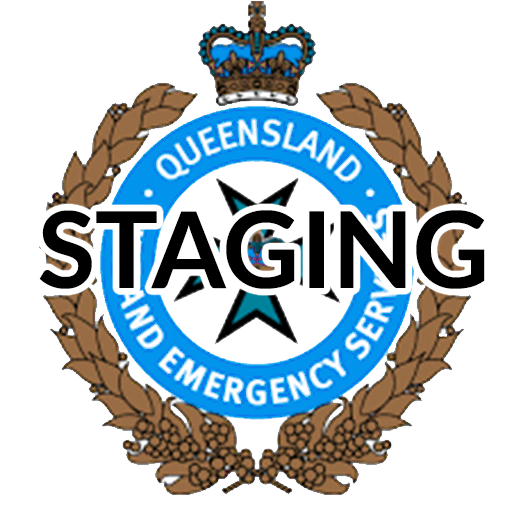QFES First Aid & CPR
QFESAID
The QFES First Aid course (QFESAID) has been developed to provide all QFES personnel with the knowledge and skills to undertake and provide a first aid response in a variety of operational or non – operational medical scenarios.
Introduction:
In your capacity as a QFES volunteer or staff member, there may be occasions when you will be called upon to provide initial primary treatment and management to injured or sick members of the public or colleagues prior to the arrival of advanced medical response such as QAS.
Knowledge of First Aid practices and procedures are invaluable for yourself and the community you serve. First Aid has the potential to lessen the severity of a potentially life endangering event and can also aid in recovery timelines.
This course is designed to equip you with the techniques, procedures and skills to provide that assistance.
Knowledge of First Aid practices and procedures are invaluable for yourself and the community you serve. First Aid has the potential to lessen the severity of a potentially life endangering event and can also aid in recovery timelines.
This course is designed to equip you with the techniques, procedures and skills to provide that assistance.
Target Audience:
All QFES Volunteers and Staff
Learning Outcomes:
- Follow DRSABCD in line with ANZCOR guidelines
- Conduct a scene assessment and use appropriate communication
- Use body positioning to avoid asphyxia
- Administer CPR to adults, children, and infants
- Use an AED
- Manage a casualty with asthma using a reliever and spacer
- Manage a casualty with anaphylaxis using an auto-injector
- Treat envenomation using the pressure immobilisation technique
- Treat sprains and strains appropriately
- Manage choking
- Demonstrate bandaging techniques
- Manage external bleeding, shock and fractures
- Assess and manage first aid incidents
Learning Methods:
The course content can be delivered to learners in various forms, including:
- trainer-led, face-to-face training
- self-paced eLearner Guide (electronic Learner Guide)
- skills-based practical activities
- a combination of the above (blended delivery)
Program Benefits:
- HLTAID009 Provide cardiopulmonary resuscitation (CPR
- HLTAID011 Provide First Aid
Content:
- Introduction to first aid
- Responding to an emergency situation
- Assess for life-threatening injuries
- Resuscitation (including AEDs)
- Secondary survey
- Respiratory emergencies
- Cardiac emergencies
- Bleeding and shock
- Acute medical emergencies
- Musculoskeletal injuries
- Head and spinal Injuries
- Chest, pelvic and abdomen Injuries
- Poisons, bites & stings
- Extremes of temperature
- Burns
Upcoming Workshops
All Locations
Brisbane
Central
Far Northern
Northern
North Coast
State
South Eastern
South Western
All Locations
There are currently no openings available for this course.
Brisbane
There are currently no openings available for this course.
Central
There are currently no openings available for this course.
Far Northern
There are currently no openings available for this course.
Northern
There are currently no openings available for this course.
North Coast
There are currently no openings available for this course.
State
There are currently no openings available for this course.
South Eastern
There are currently no openings available for this course.
South Western
There are currently no openings available for this course.
